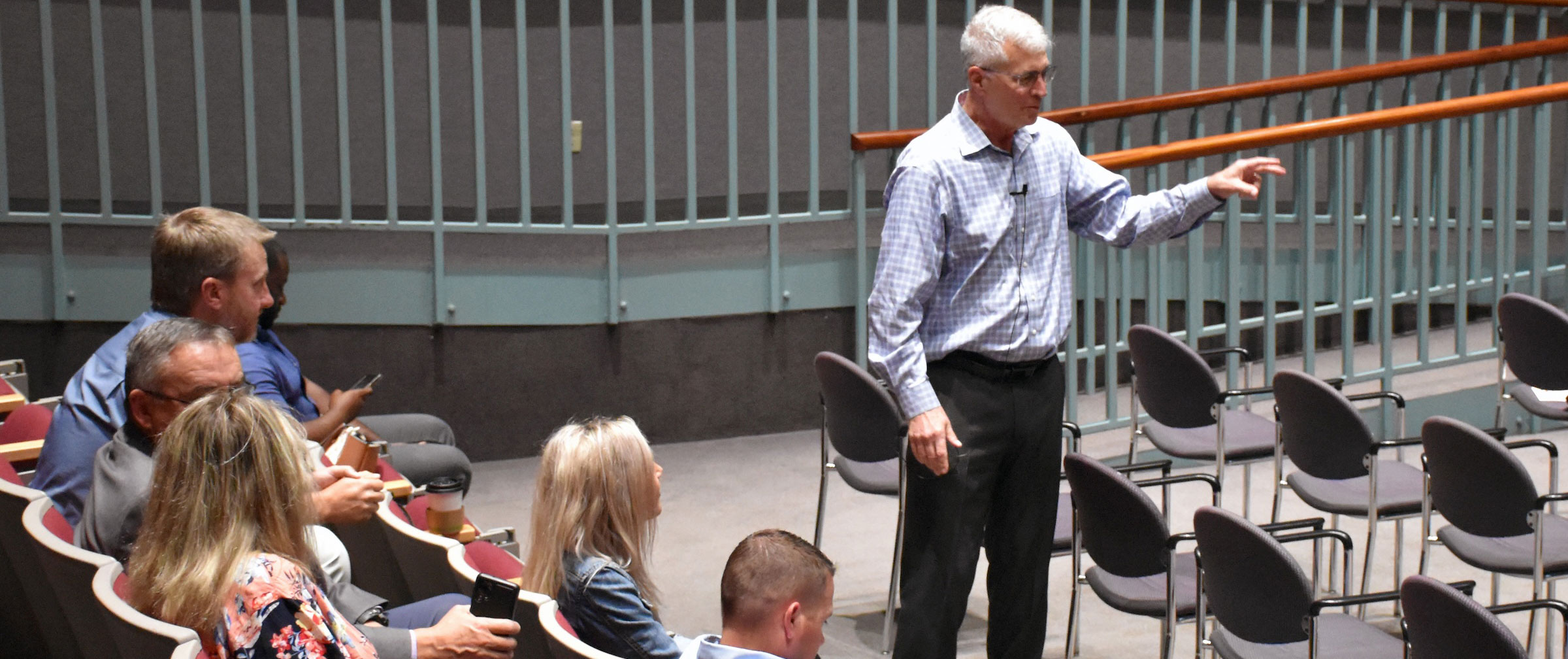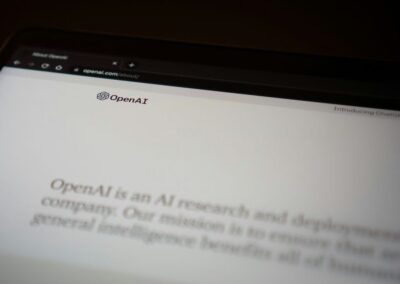But, opining on science may not be science.
I’m sure by now, you have heard many times the latest buzz phrase “Follow the science” from our politicians.
Dr. Tony Fauci recently said, “Science is truth, and as a scientist, I hold the truth”. Interesting sound bite, but it begs a deeper dive. What is “science”, what is the difference between science and opinion, and what is the role of the subject matter expert during this crisis?
The scientific method is a time-honored and reliable process. It involves observation, proposing a hypothesis, testing that hypothesis through experimentation and research, and then drawing a conclusion based upon that data. The whole process is then vetted and peer-reviewed. Only then does the conclusion merit the status of truth.
Of course, real life and the COVID pandemic are much more complex than any lab experiment, but the fundamentals of that time-tested methodology still apply.
So, if we want to “follow the science”, we must clearly differentiate, what is a known truth versus what are interpretations or opinions regarding that truth. Scientific facts or principles, such as E=mc2 have passed the tests of time. But opinions by their very nature are subjective and prone to interpretation, conflation, ulterior motives, bias, and can sway with the existing political climate. Therefore, an opinion, regardless of the credentials of the “expert” behind that opinion, may not rise to the same level of truth as the scientific observations behind it. The science does not necessarily move in a straight line. There are a lot of gray zones. Opinions will change as the data changes, as we have definitely seen from the vacillating recommendations of our experts. Relying on the latest opinions may be akin to watching the stock market go up and down every five minutes.
The problem with consensus: To complicate matters, opinions are often justified through consensus. As social beings, we strive for consensus in our decisions. But there is a conundrum with consensus. Scientific truth is objective and results from the application of the above scientific method. Consensus is subjective, and is the result of a political or social process– “the majority wins”. Truth is not determined by a popularity contest. It was the unanimous consensus of queen Isabella’s court in 1492 that the earth was flat. Consensus, yes. Truth, no. Going from truth to opinion can lead to problems as different people can and will reach different conclusions given the same data based upon their own experiences or biases.
Lawyers deal with this every day. During a trial, for instance, a given set of facts are presented to the jury for their consideration. Each side typically produces their “expert”, who will take those facts and proceed to give their opinion. The trial becomes a spectacle of dueling experts. The experts on each side will take those same facts and advocate opposite conclusions. Which expert is right? The jury then debates which of the expert opinions are the most applicable or credible, and a conclusion is reached based upon their consensus. The facts remain the same, but the conclusions can be very different. Truth should be inviolate. Consensus can be arbitrary and easy to influence.
This begs the question of what is “truth”.
Neil DeGrasse Tyson described three kinds of truth-
1. Objective truth- It is true whether you believe it or not. It’s based upon the scientific method and should be a universal truth that is constant. Examples are F=ma in physics or the laws of thermodynamics which apply throughout the universe.
2. Personal truth- These are beliefs held dearly and are very deeply ingrained within the individual. An example is the belief in God. People who hold that belief will insist on its truth, end of discussion.
3. Political truth- Something becomes true because it’s been incessantly repeated enough to become be perceived as truth. Tell a lie often enough, and it becomes truth.
In the age of COVID, the public is so desperate for facts, opinions can quickly be regarded as fact. The three types of truth, objective, personal and political, can become completely entangled with each other.
The conflating of science with politics: Perhaps some of you saw Dr. Fauci getting grilled by Ohio Representative Jim Jordan who asked Dr. Fauci whether participating in public demonstrations could put people at risk for COVID. If a statute can require that a church congregation size should be limited, for example, shouldn’t it apply to any group, such as a public demonstration. After all, one thing is for sure. The virus is an equal opportunity infector. Fauci did not give a straight response to Mr. Jordan’s persistent questioning, resulting in our medical expert now being perceived as a political expedient.
I believe he missed an opportunity to truly advise us. The virus doesn’t give you a break if you go to a demonstration, nor does it give you a break if you go to a funeral. As our medical expert, he should have emphatically stated that ANY public gathering can increase the risk of transmission. However, he was absolutely correct in not recommending a particular statute. The legislators should be the ones making the laws, not the subject matter expert. But the absence of an opinion is an opinion.
Back to the four COVID dimensions– medical, economic, political and social: As we discussed earlier regarding the current COVID crisis, these four dimensions make the management of this pandemic especially challenging.
The “truth” can be influenced by all four.
Are scientific facts only used when convenient or expedient? Do we selectively only believe the facts that promote a particular non-scientific agenda?
Scientifically driven conclusions are factual whether one chooses to believe them or not.
For example, is wearing a mask a scientific truth or a political imperative or an individual rights infringement? Science, politics and social implications become completely immersed and subject to the ultimate motives of the politician.
Confusion generated by non-experts- ultracrepidarianism: That’s a word you can use to impress your friends. It means giving advice or opinions outside of one’s base of knowledge. Do we really need to hear one more celebrity or athlete opine on social media? They may be superstars in their fields, but what do they know about COVID? Who even cares what they think? “Expert” opinion is on shaky enough ground, we do not need another baseless, extraneous opinion that is published just because someone is famous. Being well known does not make one an expert. Down with ultracrepidarianism!
The ultimate decisions made by our President and elected officials are indeed challenging:
A successful leader relies on the subject matter expert in any given area, but the subject matter expert is rarely the ultimate decision maker. Given the four dimensions, is even more complex. There is no pure medical solution. There is no pure economic solution. There is no pure social solution, and there is no pure political solution. Any effort in one dimension will affect all four. And it will get horrendously spun in an election year.
Bottom line, the leader must take all qualified opinions into consideration, and ultimately make the best decision to best improve the overall outcome.
The subject matter expert weighs in. The leader decides.
It starts by clearly discerning what is fact and what is opinion. Once the expert ventures beyond the scientific facts, that expert now enters the twilight zone of conjecture, regardless of the credentials of the so-called expert. That person has gone from science to speculation.
Remember the old TV show Dragnet? Inspector Joe Friday said many times, “Just the facts”. I hope our President and our elected officials can develop the appropriate discernment between truth and opinion. If we pledge to follow the science, let’s follow the science. Opinions and recommendations, even from the subject matter experts, are still opinions, and not necessarily science.
We need this discernment in order to truly combat the COVID virus. We need it badly!
Stay healthy! As always, I appreciate your comments and your feedback.




